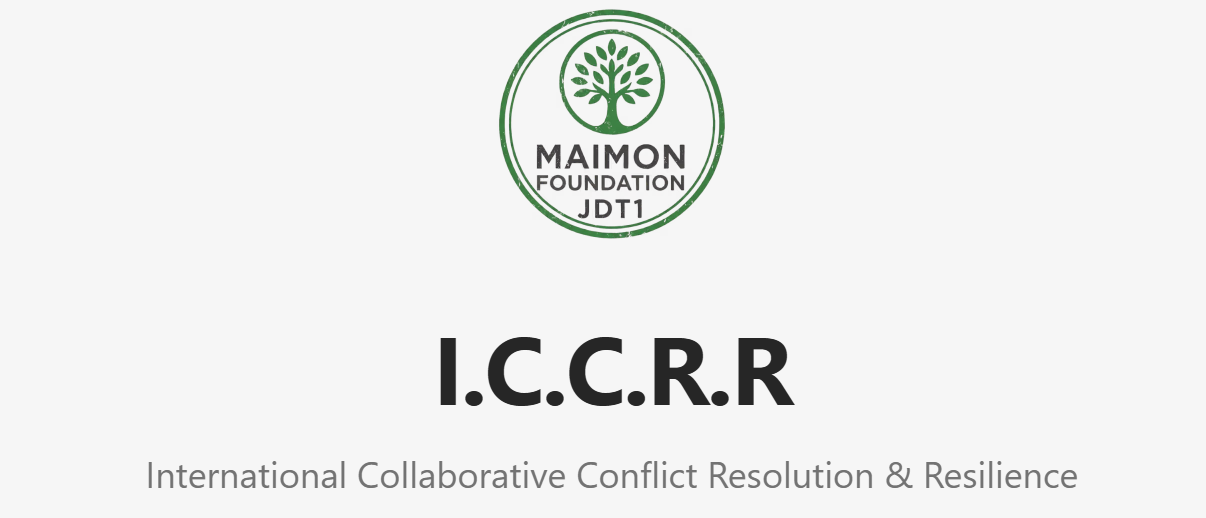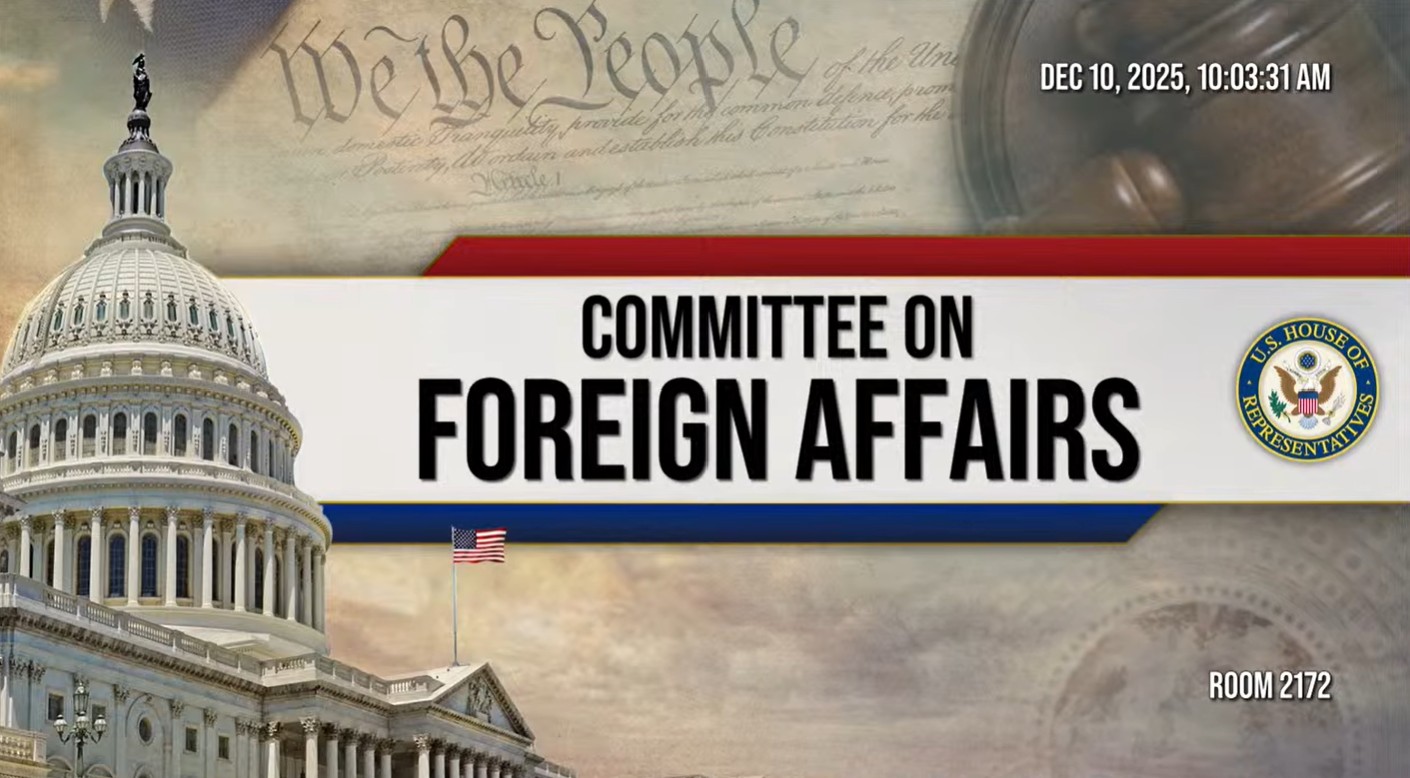Written by Paulina Guerrero, thinc. researcher
- Breaking Down the Legal Definition of Genocide
Genocide, as defined under the 1948 Convention on the Prevention and Punishment of the Crime of Genocide (Genocide Convention), is characterised by specific “acts committed with intent to destroy, in whole or in part, a national, ethnical, racial, or religious group.” These acts include:
“[…]
(a) Killing members of the group;
(b) Causing serious bodily or mental harm to members of the group;
(c) Deliberately inflicting on the group conditions of life calculated to bring about its physical destruction in whole or in part;
(d) Imposing measures intended to prevent births within the group;
(e) Forcibly transferring children of the group to another group.”[1]
There are many key points to take away from this definition. Genocide is acts committed with a very specific intent, the specific intent to destroy a group in whole or in part. Genocidal acts do not always result in the complete extermination but what matters is that they have such an intent regardless of if they reach said desired result or not, hence why the definition says “in whole or in part”. A second important point is that it is only genocide if the intent was to destroy the group because of their nationality, ethnicity, race, or religion. Therefore, large-scale killings for example, with no proven specific intent of destroying the group for either of the four categories, while tragic and prosecutable, do not fall under the legal definition of genocide.
The way in which law works, and particularly a crime such as genocide, is that for a conduct to fall under the category of said crime, one has to prove it fits into the definition having all the required elements in it. That is, the definition exists and the particular conduct in question can only be prosecuted as such if it matches the elements of the definition, not the other way around. The legal definition is not meant to be changed or bent to suit a particular case and make it prosecutable. This is why it is so important to be able to deconstruct and understand the definition of genocide.
- Comparing This to Allegations Against Israel in the ICJ Case
In the case brought by South Africa against Israel at the International Court of Justice (ICJ), the core accusation is that Israel’s military actions in Gaza constitute genocide. The claim argues that Israel’s military campaign deliberately targets Palestinians as a group. Evidence presented includes statements by Israeli officials, civilian casualties, and the humanitarian crisis.
The case is framed in such a way that Israel started a military offensive in Gaza purposefully targeting civilians and infrastructures such as hospitals, schools, and humanitarian aid with the sole and specific intent of destroying the Palestinian people as a group due to their race, ethnicity, nationality, and religion. While the knowledge of the legal definition of genocide is correct, the facts will be the ones determining whether Israel´s conduct fits in it or not.
Israel´s actions are the result of a military defensive operation after the 7th October attacks and they are directed against Hamas, a designated terrorist organisation, not Palestinians as a people. Under international law, military actions—even if they result in significant civilian casualties—are not automatically classified as genocide unless intent to destroy a group can be proven.
South Africa claims to have such evidence easily assumed by Israel´s overall “behaviour” and the nature of its military operations. What does not need to be inferred is that Israel´s policy remains clearly to target Hamas rather than the Palestinian people for their identity. The same cannot be said for Hamas however, whose charter explicitly calls for the obliteration of the state of Israel and the extermination of Jews both in and outside of it (Article 7).
The genocide case before the ICJ does cite the correct definition under the Convention and makes reference to international jurisprudence, yet when it comes to applying the law to the facts, South Africa and the other intervening Member States conveniently flip the narrative to shift the blame on the one state fighting a war against a terrorist organisation with a clearly expressed genocidal intent.
- Conclusion
The definition of genocide under international law (1948 Genocide Convention) and the jurisprudence from international courts that help clarify its interpretation are there for a reason. However the facts have to match the description of the law, otherwise there is a risk that law will be misused to propagate a certain narrative for political gain. The term genocide is too important due to what it is meant to protect, and therefore shall not be politicised.

[1] Convention on the Prevention and Punishment of the Crime of Genocide (1948), Article II.



